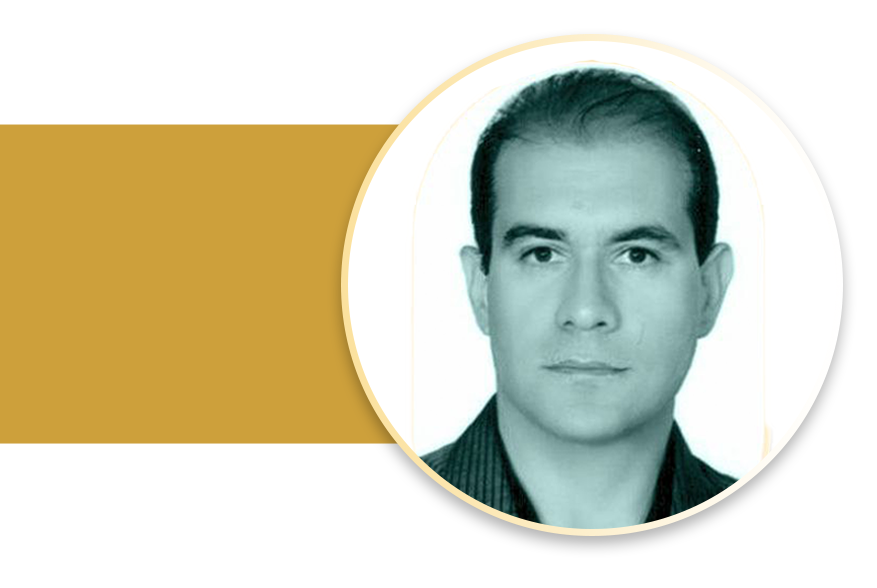Key Speakers
Key Speakers
Home » Key Speakers
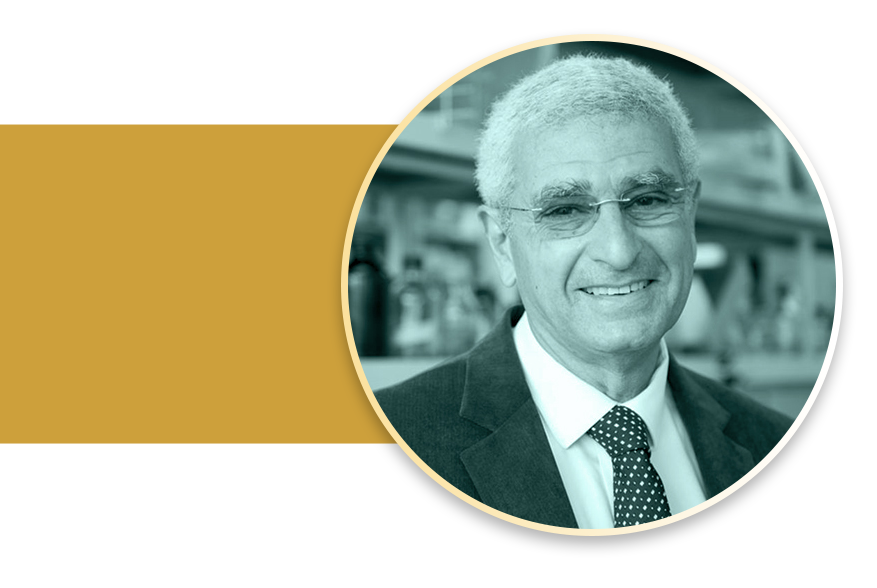
Dr. Nabil G. Seidah
The implication of the proprotein convertases PCSK9 and PCSK7 in lipid metabolism:
is there a connection to cancer/metastasis?
Dr. Seidah obtained his BSc in 1969 from Cairo University in Egypt, and his PhD in 1973 from Georgetown University, USA. Since 1983, Dr. Seidah is the director of Laboratory of Biochemical Neuroendocrinology of IRCM. Dr Seidah is the recipient of several awards, including the Royal Society of Canada, the Order of Quebec and the Order of Canada. In 2011, he was awarded the Wilder Penfield prize for the best scientist in Quebec working in the biomedical field.
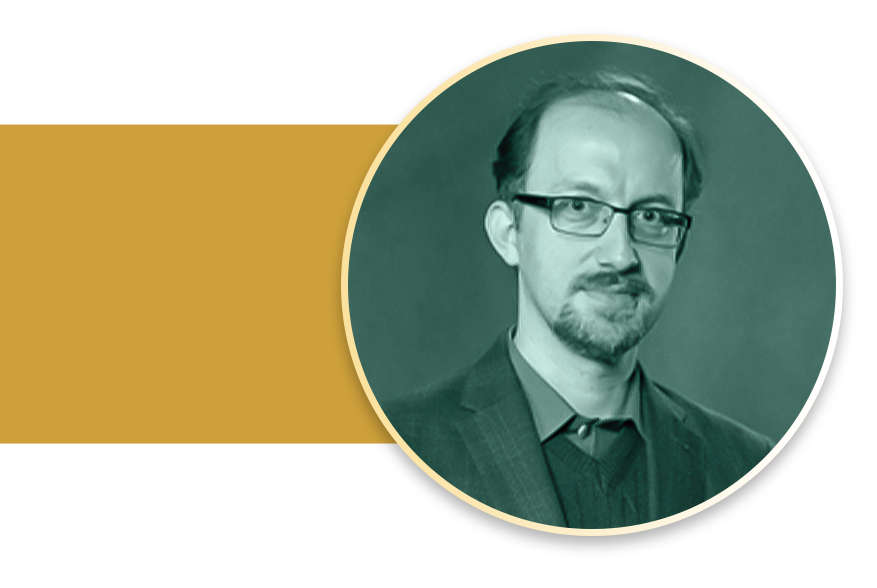
Professor Nima Rezaei
Inborn Errors of Immunity and Cancer: From Clinics to Genetics
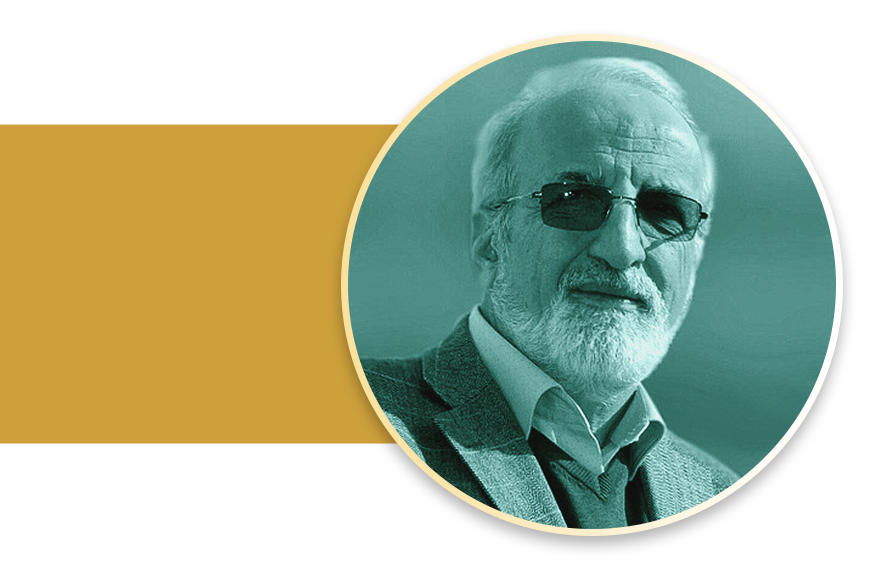
Dr. Reza Malekzadeh
Genetic basis of premature mortality, gastrointestinal and urinary bladder cancer in Iran
Former Minister of Health and Medical Education of Iran. Distinguished Professor of Medicine, Digestive Disease Research Institute. Tehran University of Medical Sciences. Dr. Malekzadeh has received many awards, including the Medal of Honor from International Agency for Research on cancer (IARC/WHO) for outstanding contribution in research on cancer (2018).
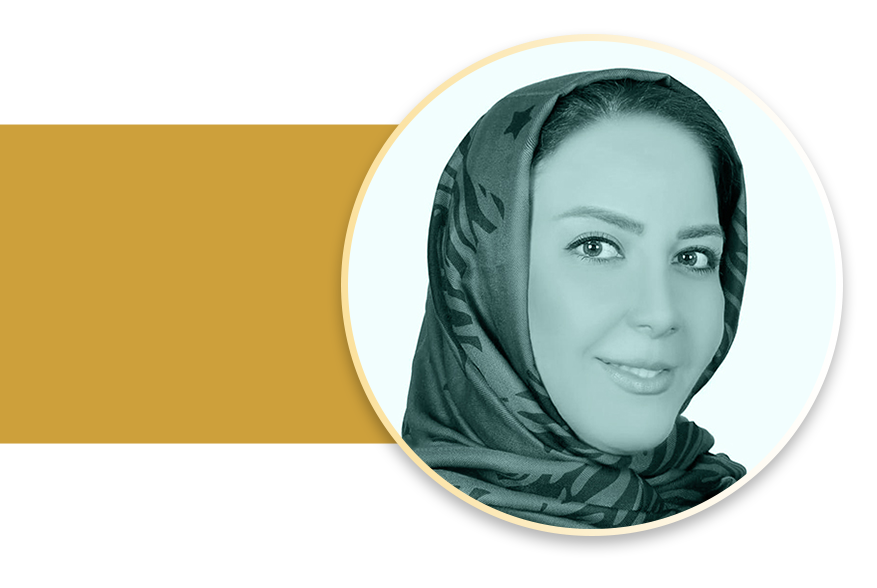
Dr. Marjan Yaghmaie
Clinical implications of molecular tumor profiling in metastatic breast cancer patients
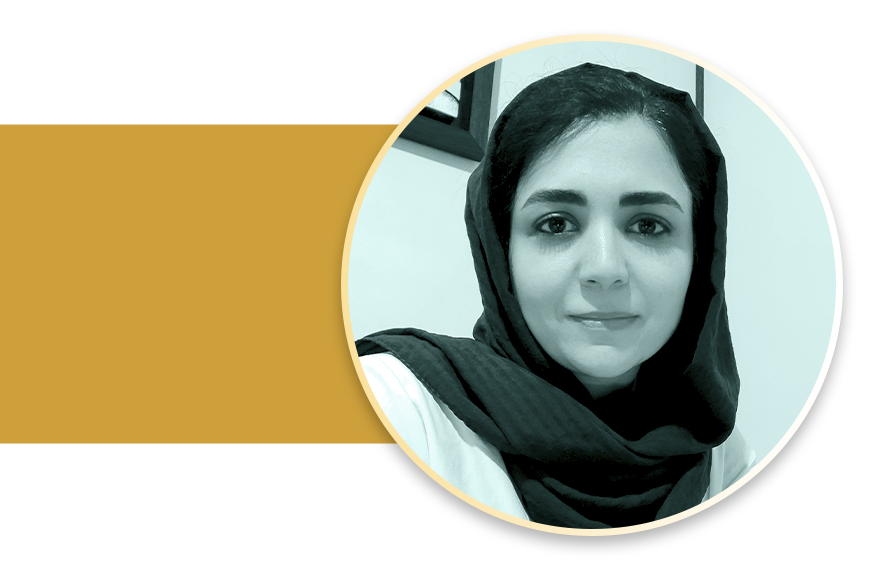
Dr. Amineh Vaghefi
The Impact of percision oncology and the barriers to overcome
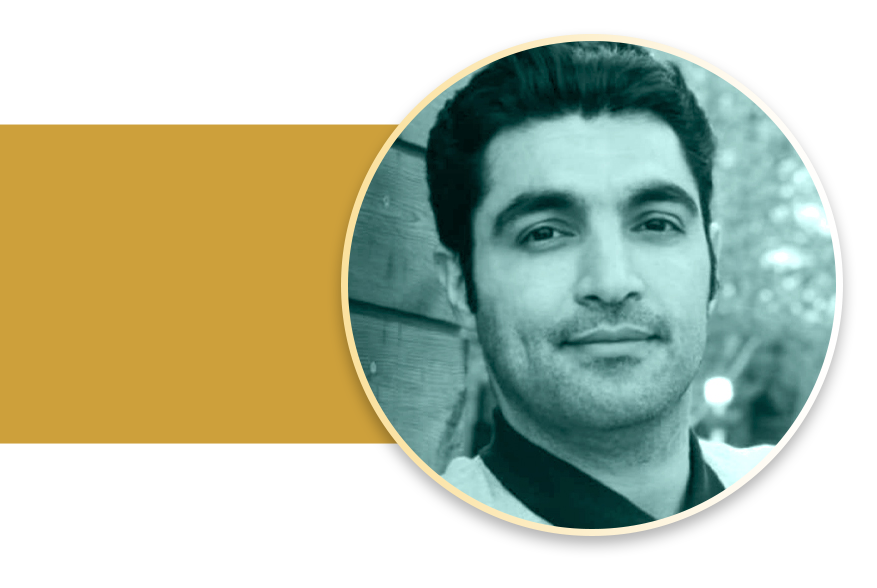
Dr. Mohammad Amin Moosavi
Autophagy in cancer: challenges and therapeutic opportunities

Dr. Seyed Mahdi Jafarnejad
Dysregulated mRNA Translation Initiation in Cancer

Dr. Davood Bashash
The PI3K signaling axis and its implication in human malignancies
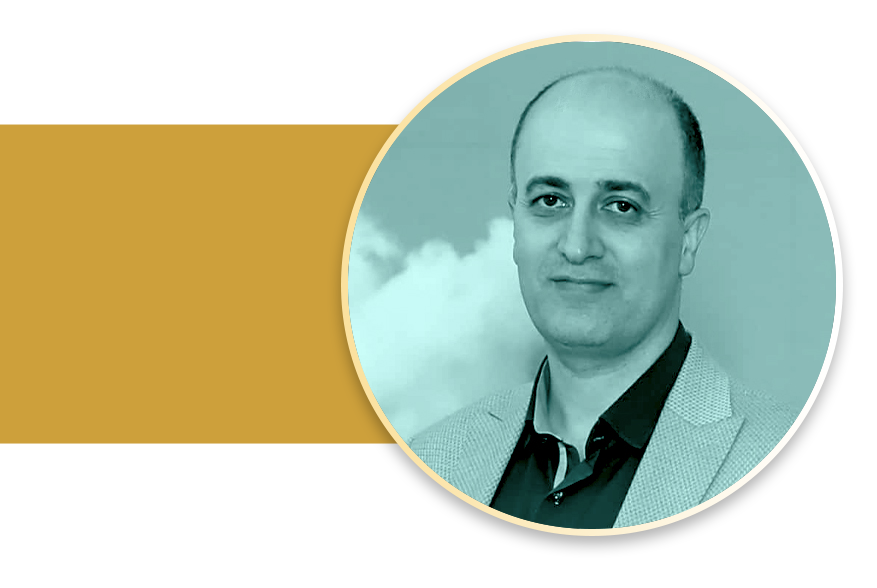
Dr. Sina Salari
Curing cancer from within: the promise of cell therapy
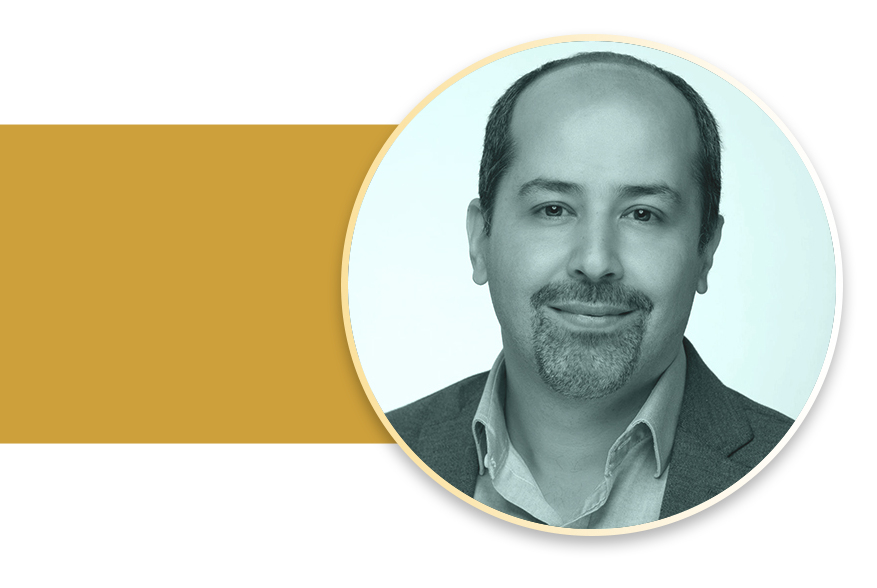
Dr. Yasser Riazalhosseini
Harnessing genomic data for precision medicine in renal cell carcinoma
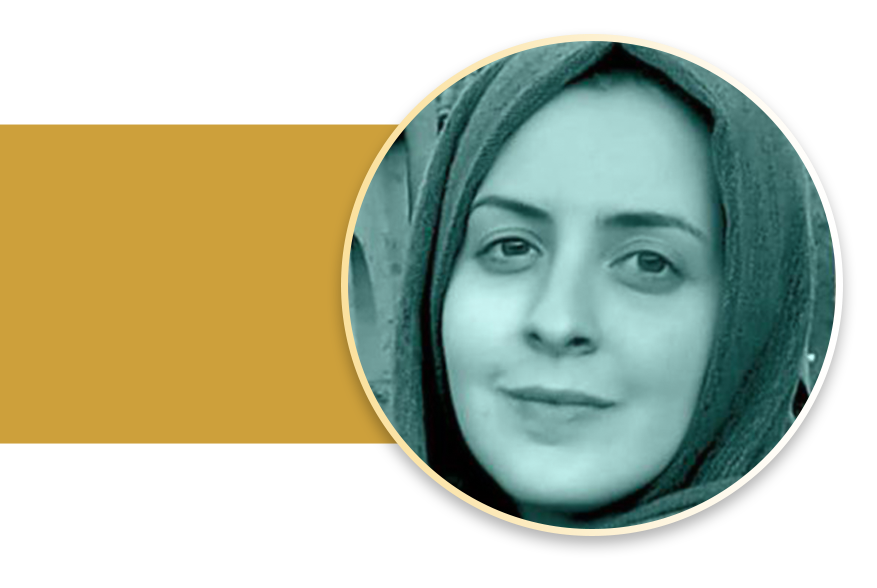
Dr. Mahya Mehrmohamadi
Early detection of cancer using epigenomics of cell-free DNA

Dr. Lucia Altucci
Targeting epigenome against cancer
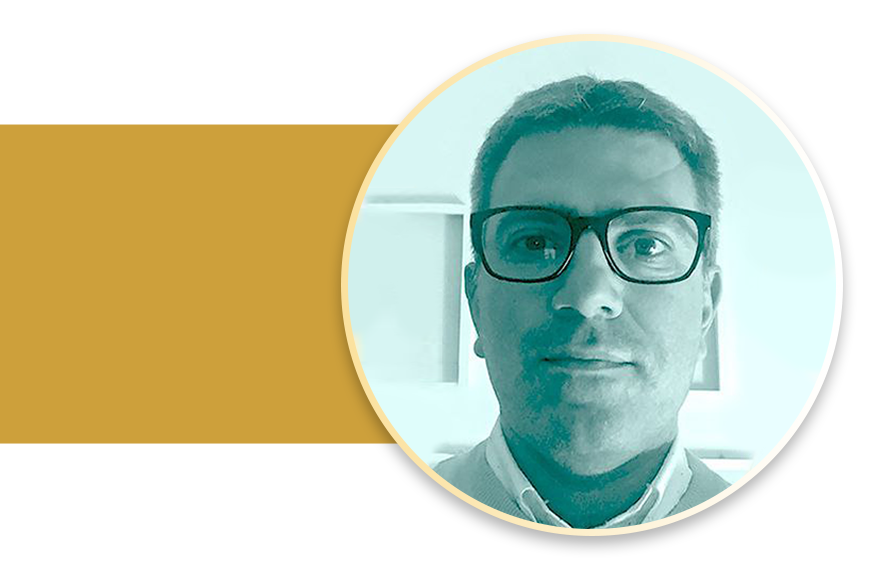
Dr. Ernesto Picardi
Profiling the non-transient side of the epitranscriptome

Dr. Daniela Taverna
miR-214 as coordinator of tumor-stroma crosstalk during cancer progression and as therapeutic target
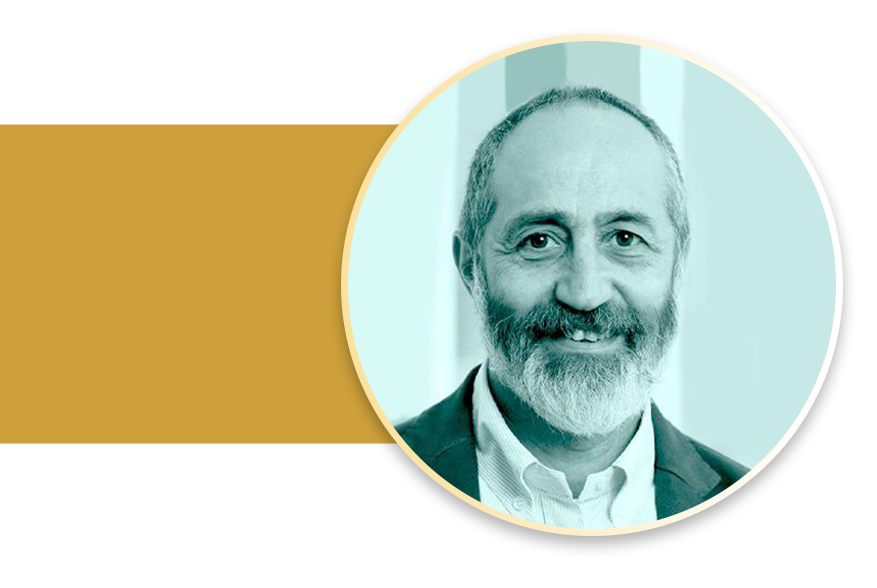
Dr. Salvatore Oliviero
DNA methylation specificity in Develeopment and Cancer

Dr. Amir Hossein Saeidian
Whole Genome Sequencing for Molecular Diagnosis: Single vs Dual Genetic Disorders in Pediatric Cases with Multiple Congenital Abnormalities and Cancers
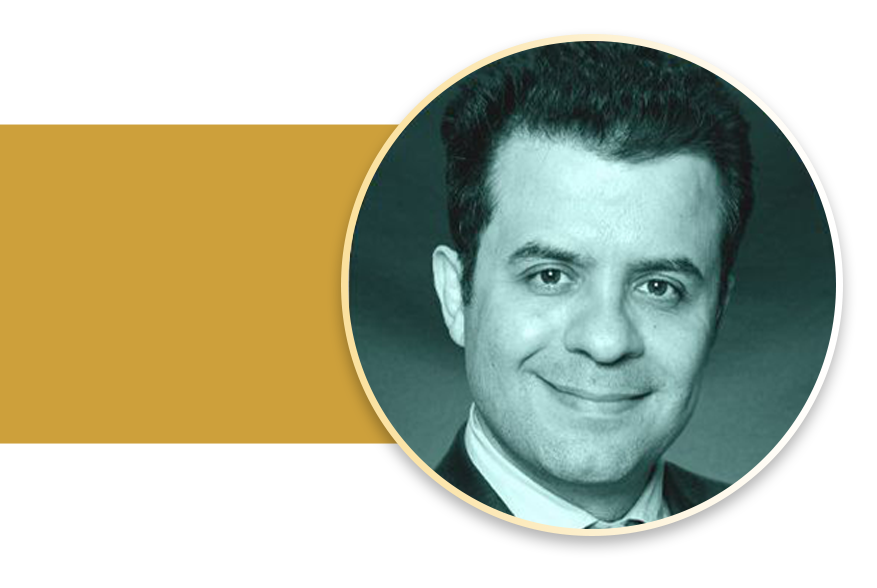
Dr. Hassan Vahidnezhad
Whole-transcriptome sequencing for investigation of infection and carcinogenesis in the context of single-gene disorders

Dr. Ali Sharifi Zarchi
How AI Will Revolutionise Cancer Genomics
